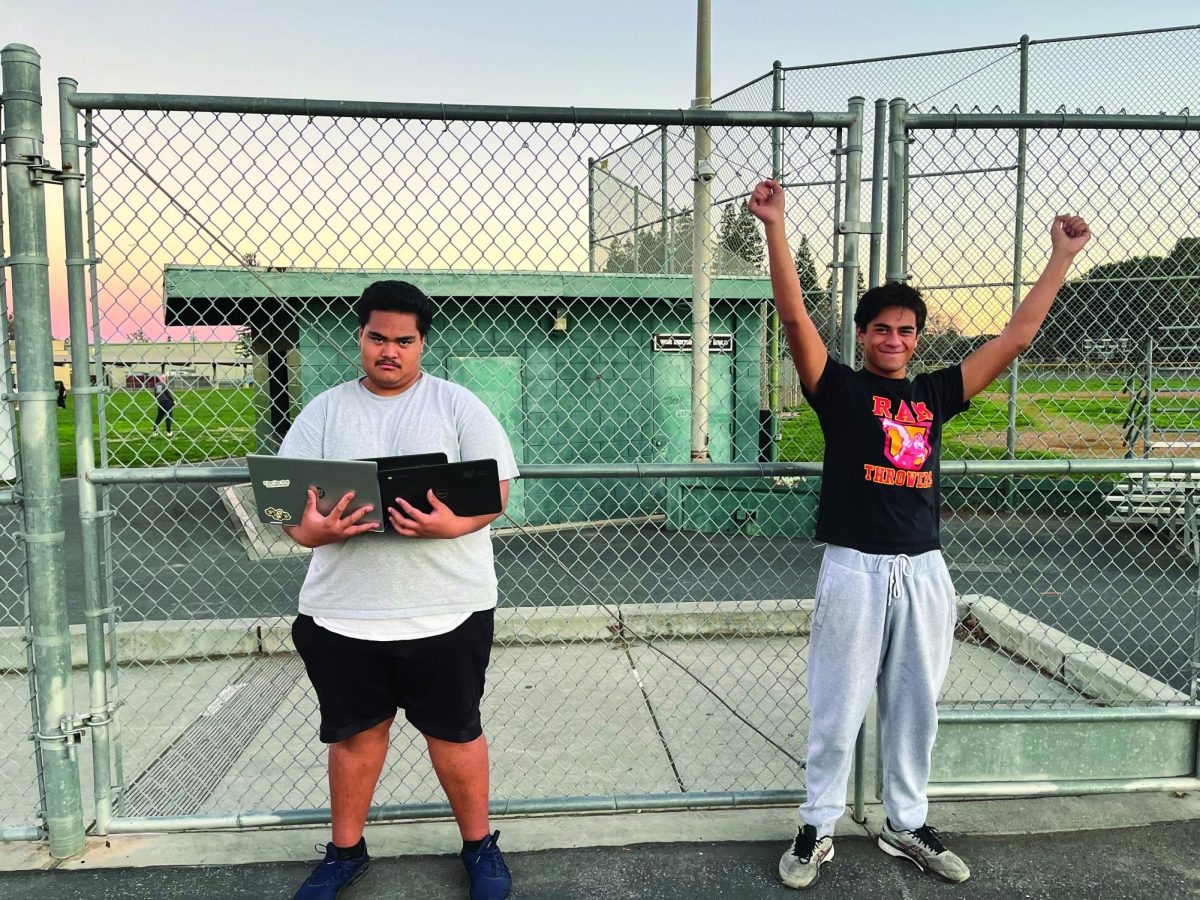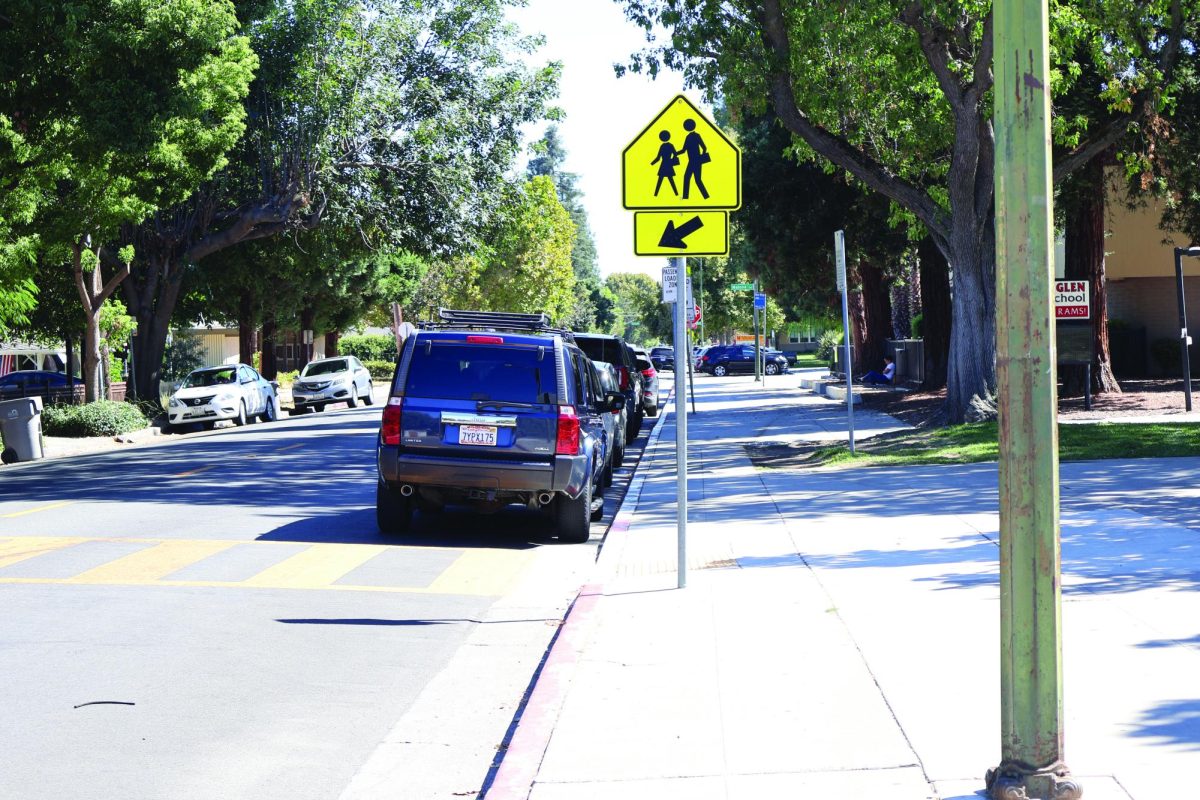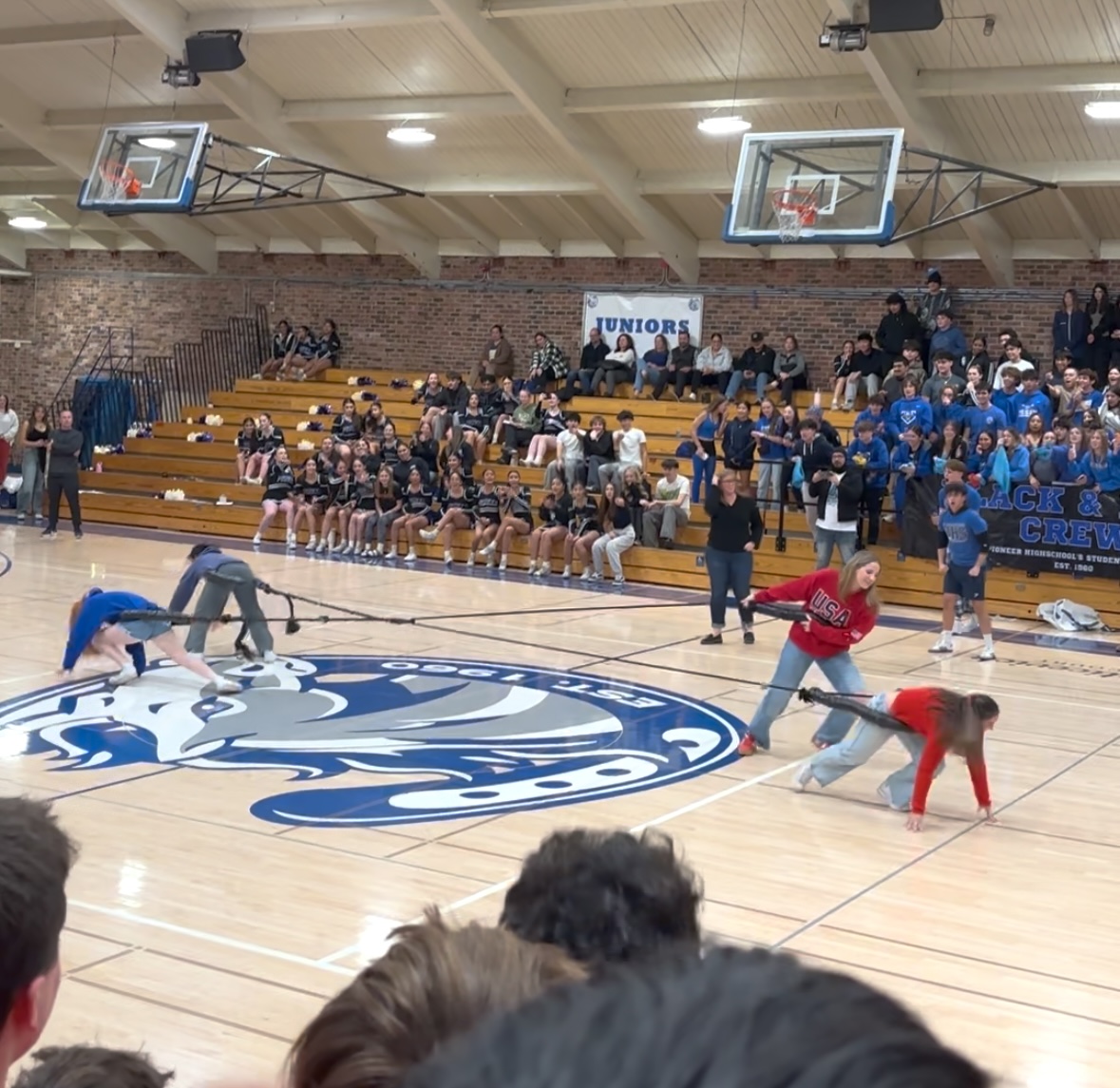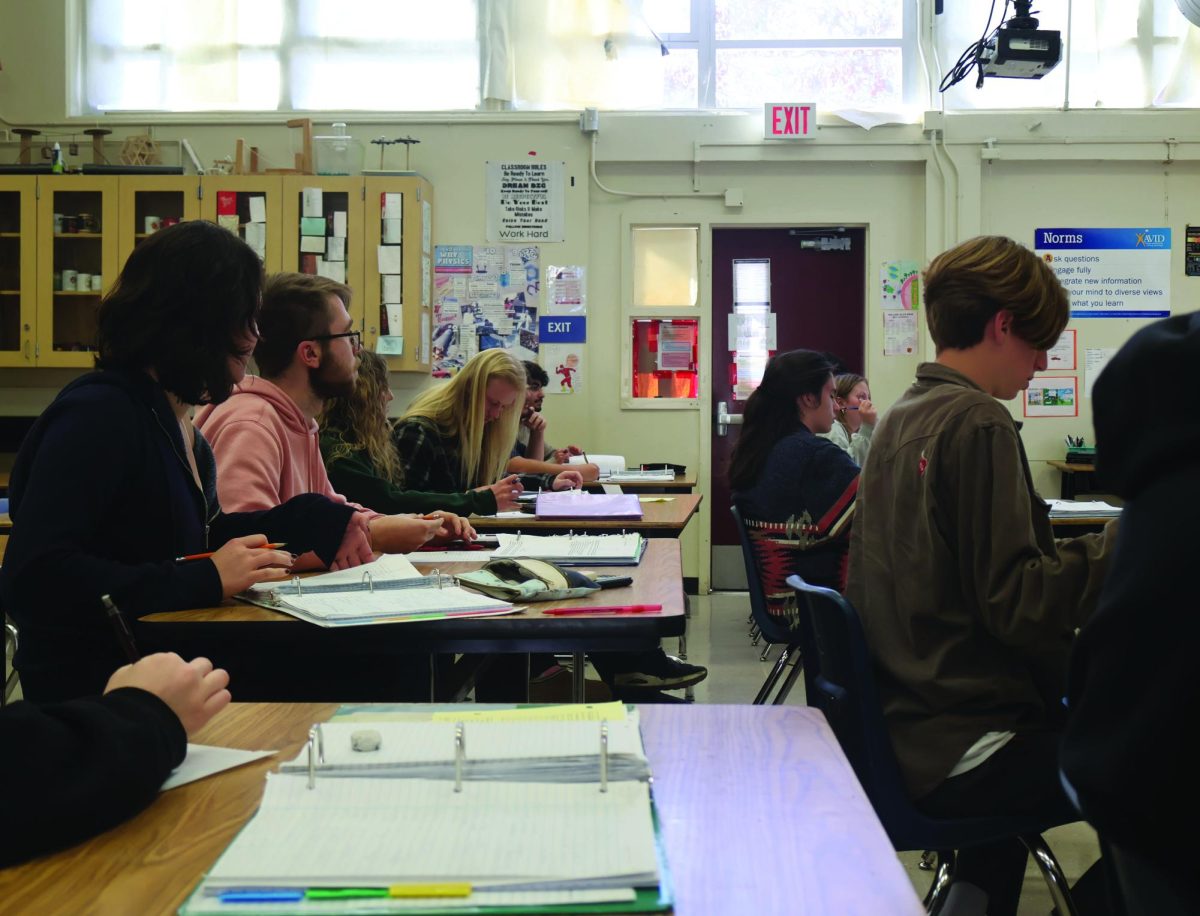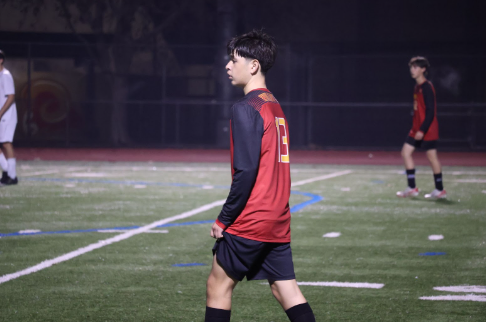
The dynamic lives of student-athletes blur the line between the importance of academic excellence with the dedication demanded by sportsmanship. There is more beyond the well-known facts and assumptions about the ability and ease of being a student-athlete. Living and succeeding as one can be difficult but, subsequently, very rewarding. Students from Willow Glen High School shed light on the details and overlooked aspects present while juggling school work and a sport.
A significant thing often subverted, even within the athletic community, is the mental health side of playing a sport. The main cause is the pressure put on the athletes. When asked what the hardest thing for him was when playing his sport, Reid Ahlbrand (‘24) said that “keeping confidence under expectation and pressure to play well,” was the most difficult thing for his commitment to soccer.
“The mental side is overlooked, no one talks about how they really feel and it’s kinda bottled up,” said girls basketball player Elexa Razavi (‘26) responding to the question: What is one thing you think no one talks about when playing your sport?
As well as mental health, a recurring side of sports is the confidence fluctuation that occurs for players. Confidence is obviously important in everyday life as well, but acknowledging the impact of such is just as important.
“How does the other team affect your performance?” was a question asked, and in response, Ruben Lund (‘26) said that “going in head-on with full confidence and a strong mentality is important in any doubts or conflicts with an opposing team,”. It is understandable if a well-reputed team or a mistake during a game could promote doubts, however, these reflect the growth of an athlete and just how important confidence can be.
Ultimately, student-athletes endure many hardships and positive experiences, some mentioned, some not. Notably important to acknowledge, are the stereotypes that depict student-athletes (aka, “jocks”) as kids with no motivation or intellect for school. For some of these jocks, teachers have never told them they are smart or even implied they have academic potential. This stereotype is not fair to anyone at all regardless of their sport or commitment level. Sports are some students’ whole lives, in fact, a commonality among all the interviewees was the overall “second family” they feel their school teams had provided for them. However, this doesn’t mean they don’t enjoy school or are not academics. If anything it means they are intellectually advanced enough to juggle both, struggles included. The little things matter, whether they are publicly known or not.
